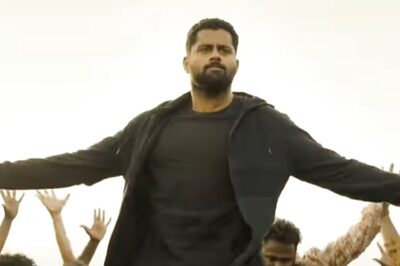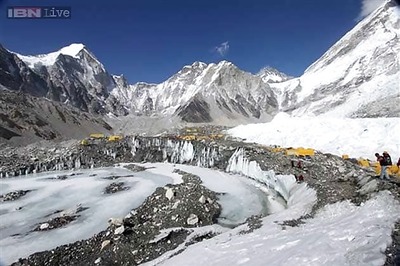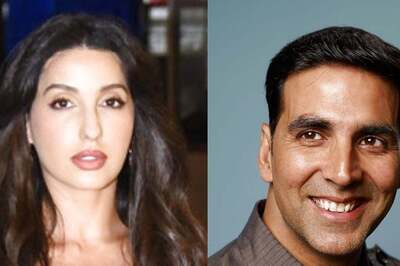
views
The media eye from around the world, even London, customarily looks out and not within. The best of media has always accepted and even instituted, the critical eye looking upon it.
That critical eye of watchdogs has become sharper of late. It should encourage media to look at itself and the judgments it makes a little more intently than is too often the case.
Two particular news events in London jolted media or should have, into a new self-critical awareness. One, the burning of the Indian flag outside the Indian High Commission by a few Khalistanis on Republic Day. This was a classic media event - done for the media that is. A few chaps burnt the flag only when a media camera came up close, and after making, sure enough, phones were recording that act to post on social media.
Following the display, came an announcement for the 40 to 50 Khalistanis and Pakistani Kashmir activists to stay on for “first-class biryani” on its way. But the slogans got to a second start after another media person turned up.
What do you do as media in the face of a media event such as this? The regular media ignored the event, even if they turned up to provoke it, but Khalistani social media, of course, went to the world with it. So should regular media cover an event only because a dedicated social media will?
That coverage proved effective enough to push the Indian government into complaining to the British. They argued the right to freedom of expression while acknowledging that the burning of a flag can be very offensive to its people.
In British law, such acts would be considered a hate crime. So why did policemen who watched it all happen from a distance not stop it? The British have always been so much better at saying the right thing than doing it. What they could have done still doesn’t answer the question what the media should do in such a situation.
An eight-letter word that describes cattle produce of a kind also describes the claims made by the supposed hacking expert Shuja at a supposed press conference in London. Wild suggestions of a mass murder only topped a heap of lies below it. Shuja produced a pile of self-evident lies that he acknowledges himself, right there, cannot be corroborated.
Keeping a critical eye on media, the sharp watchdog Newslaundry unravelled those claims through an investigation as thorough as it was unnecessary - the assertions were obviously wild from the start.
But who says media can’t keep an eye on those who keep an eye on it. That or any analysis of this nutter’s claims entirely missed the real mischief in how this ‘cyber expert’ got to air those claims in the first place.
Shuja had been parading his B-grade Bollywood fiction for years and found no buyers, as Lalit Jha, PTI’s Washington man reminded us in a Facebook post. Years later, what would any journalist do when presented with a tale of mass murders that never happened? What would any journalist do when presented with this fiction by a man whose identity could not be ascertained? And who then admits himself, in so many words, that he cannot corroborate what he is saying?
You’d think any journalist would dismiss this out of hand and walk away - if journalism is what you were practising. A professional journalist would not then arrange a press conference for this man using a further lie as an invitation – the lie that someone would be around to demonstrate the hackability of an EVM machine. A professional journalist would not then call Congress leader Kapil Sibal to the press conference to sit through an abuse of the present government and all election commissioners. It’s another matter that the Congress was in power machines would have had to be hacked by a Congress government that called the 2014 elections.
The claim that the Indian Journalists Association (IJA), in whose name this press conference was called, is a pretence to neutrality is as facetious as it is mischievous. Just about every serious Indian journalist in London has since signed a note dissociating themselves from a platform set up in their name, with their money, and without consultation with the IJA committee.
There hasn’t been another week where journalists have looked at themselves and they're supposed own this closely, before to then be ashamed of what they see. But finally no doubt the fault rests with the rest of us media chaps – we chose the ‘journalist’ to be our ‘president’ who then launched the mischief.


















Comments
0 comment